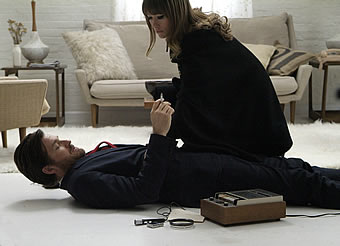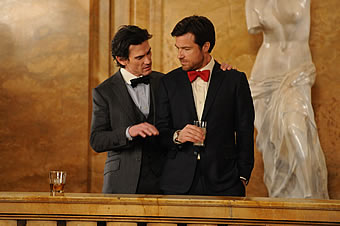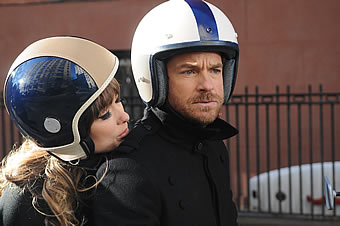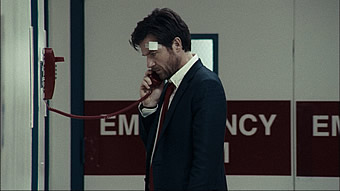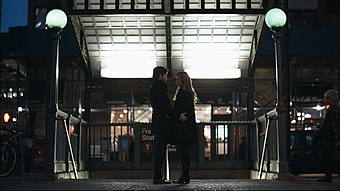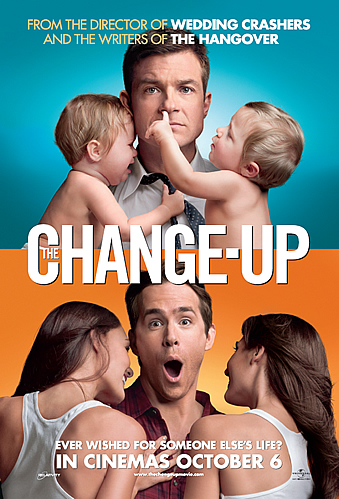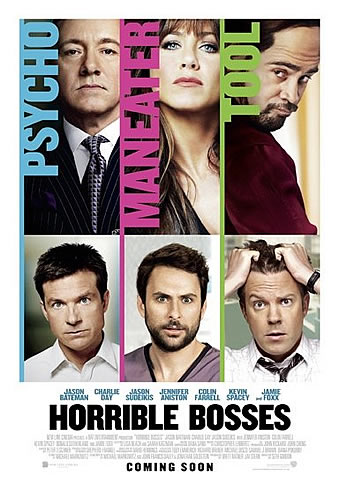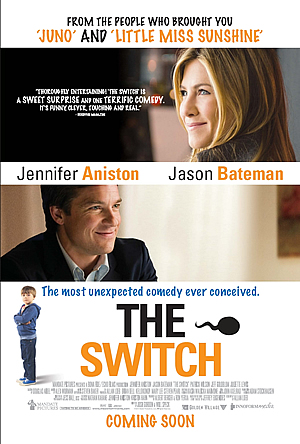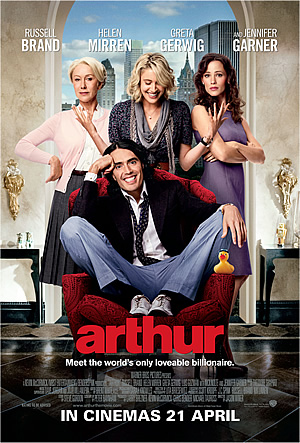THE LONGEST WEEK (2014)
Genre: Comedy
Director: Peter Glanz
Cast: Jason Bateman, Olivia Wilde, Billy Crudup, Jenny Slate
RunTime: 1 hr 26 mins
Rating: PG13 (Some Sexual References)
Released By: Shaw
Official Website:
Opening Day: 18 September 2014
Synopsis: Conrad, an immature man-child, has spent his life in a chic Manhattan Hotel ever since his parents decided to take a 20-year vacation to Paris, leaving him to be raised by hotel staff at the age of 11. Now in his early 30’s, Conrad’s life is filled with one-night stands, alcohol, and lavish parties. His spoiled life comes to an end when he looses his trust fund as a result of his parents’ divorce and is forced out on the street. After some advice and 200 dollars from his therapist, hilarity ensues as Conrad begins his new life. Broke and homeless, Conrad moves in with his old friend, Dylan, and tries to get his life in order. Within the same week, Conrad falls for Beatrice, the only girl capable of turning his life around, who happens to be Dylan’s girlfriend. Will he sacrifice his friendship for love, or betray the friend that took him in when he is cut off, or does everything come crashing down as he is in way over his head?
Movie Review:
True to its title, ‘The Longest Week’ feels like a stretch. The feature filmmaking debut of veteran commercials director Peter Glanz, it unfolds over the course of a week of its central character Conrad Velmont, a pampered man-child played by Jason Bateman who has spent nearly four decades of his life living recklessly off his parents’ wealth and power. As narrator Larry Pine informs early on, this titular week begins with Conrad finding himself suddenly cut off from their money following their decision to divorce after many years of an unhappy marriage.
With his expense accounts frozen, he is unceremoniously evicted from the penthouse of the family hotel, and is forced to take up residence with his only friend Dylan Tate (Billy Crudup). In truth, the successful artist who lives in a spacious downtown loft is not much different from Conrad himself, both of whom are quasi-intellectual types leading playboy lives devoid of substance and accomplishment. Writer/ director Glanz completes his setup with Beatrice Fairbanks (Olivia Wilde), an attractive young debutante and model with a taste for Victorian literature whom Conrad first meets on his maiden ride on the New York subway.
The only catch? Beatrice happens to be Dylan’s girlfriend, and the latter warns him for the sake of their friendship not to fall in love with her. Needless to say, he does exactly the opposite. Over the course of the week, Dylan will find out about their tryst, kick Conrad out of his apartment, leading the latter to move in with Beatrice, who for some time remains blissfully unaware that Conrad is penniless and homeless. Where does this all lead to? Well, unsurprisingly, Conrad will come to confront both his circumstances as well as his actions, leading to some sort of personal reckoning for a character which we in actual fact care very little about.
As you can probably already tell, everything happens - or is compressed - over the course of a week, which limits the kind of emotional attachment the characters can develop for each other and consequently the attachment which we have for them. To be frank, it’s likely that you won’t feel anything for Conrad’s supposedly sorry state; after all, there is very little likeable about him anyways, and Pine’s ‘wink-wink’ narration is written with the sort of meta-commentary that gives us even less reason to be wrapped up in the emotional crisis of this shallow rich individual.
More fundamenatally, the voiceover and the pseudo-intellectual banter between the characters is Glanz’s attempt to channel the sensibility of Wes Anderson in a New York setting reminiscent of Woody Allen’s opulent Manhattan. Yes, fans of Anderson will certainly recognise his none-too-apparent influences - from the book-chapter title cards to the obsessively symmetrical shot compositions to the use of archaic props like typewriters, rotary phones, tape recorders and Vespas; unfortunately, Glanz doesn’t possess the acumen to turn those Anderson influences into something meaningful, so that what looks like Anderson seems like homage for the sake of it.
Neither for that matter does Glanz manage to channel his inner Woody Allen meaningfully. There is a scene that is unmistakably straight out of ‘Annie Hall’, and then there is Allen regular Tony Roberts, who plays Conrad’s psychoanalyst; but it is clear from the tired and insipid dialogue as well as the (lack of) plotting that Glanz is no Allen no matter how hard he tries to. What’s worse, he squanders some perfectly good performances from Bateman, Crudup and Wilde in the process by giving them little compelling to work with.
And so even though it does run at a brief 84 minutes, ‘The Longest Week’ does feel like its titular duration. There’s nothing wrong about a first-time director following in the footsteps of his or her idol, but Glanz’s homage of Anderson and Allen is tone-deaf and purposeless. It lacks the wit of either filmmaker, is led by three emotionally hollow characters, and has style but little by way of substance - in short, you’re better off re-watching ‘Annie Hall’ or ‘The Royal Tenenbaums’ again.
Movie Rating:


(Plodding and humourless, this obvious homage to Wes Anderson and Woody Allen is a worst form of copycat)
Review by Gabriel Chong
You might also like:
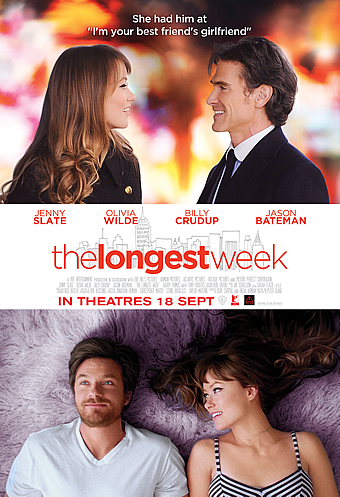
Movie Stills
